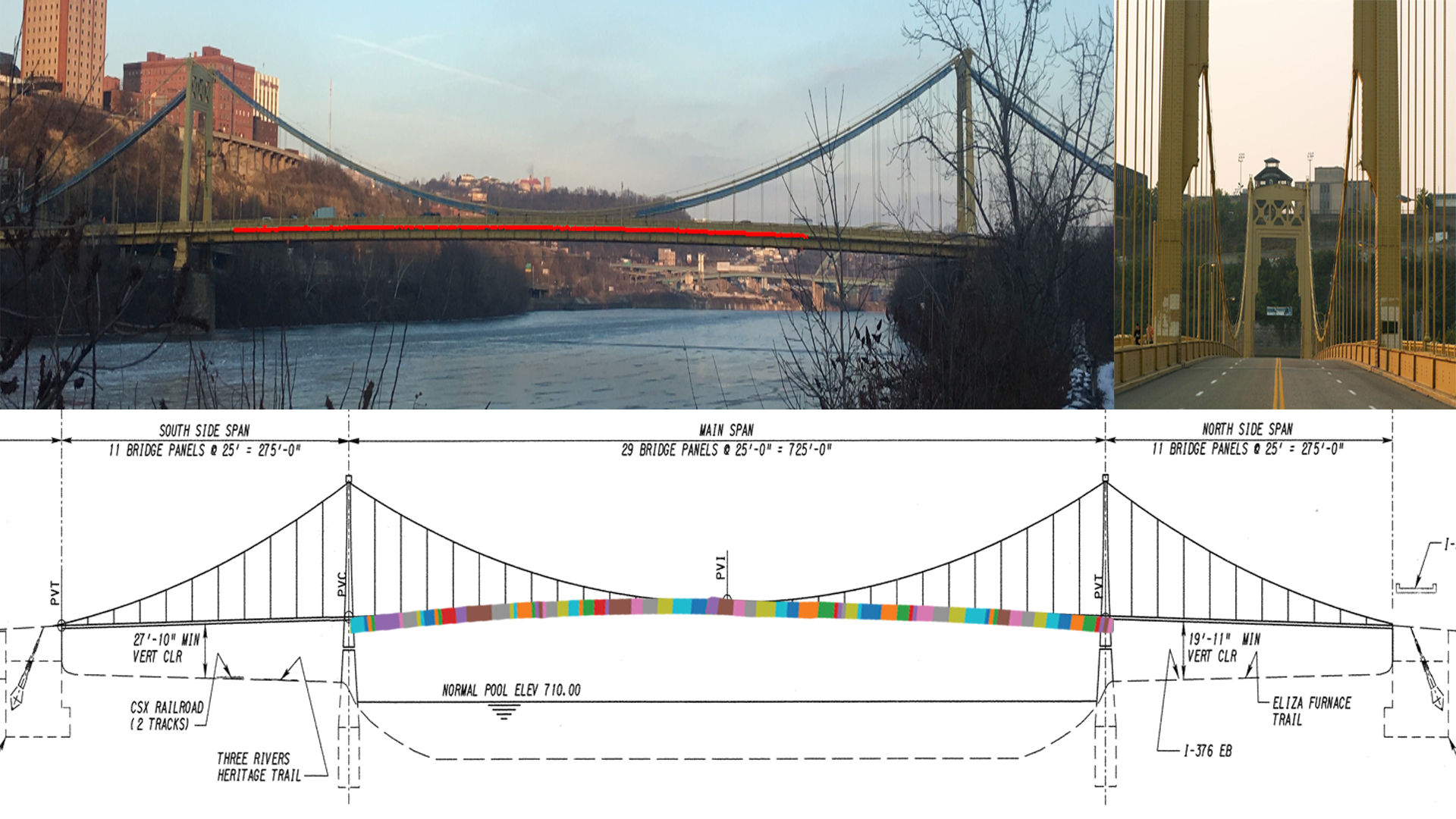In the foreseeable future, the number of connected devices will continue to increase as long as (1) the value of each device can justify the cost; (2) users can manage these devices; (3) and the technical architecture can support the communication. But, supporting trillions of devices will require a fundamentally different architecture, which requires us to further push all three perspectives.
I am working on a set of projects to enable new applications based on sensor collaboration, allow individual users to manage thousands of devices, and design modern architecture to scale the device operations.
 [
[